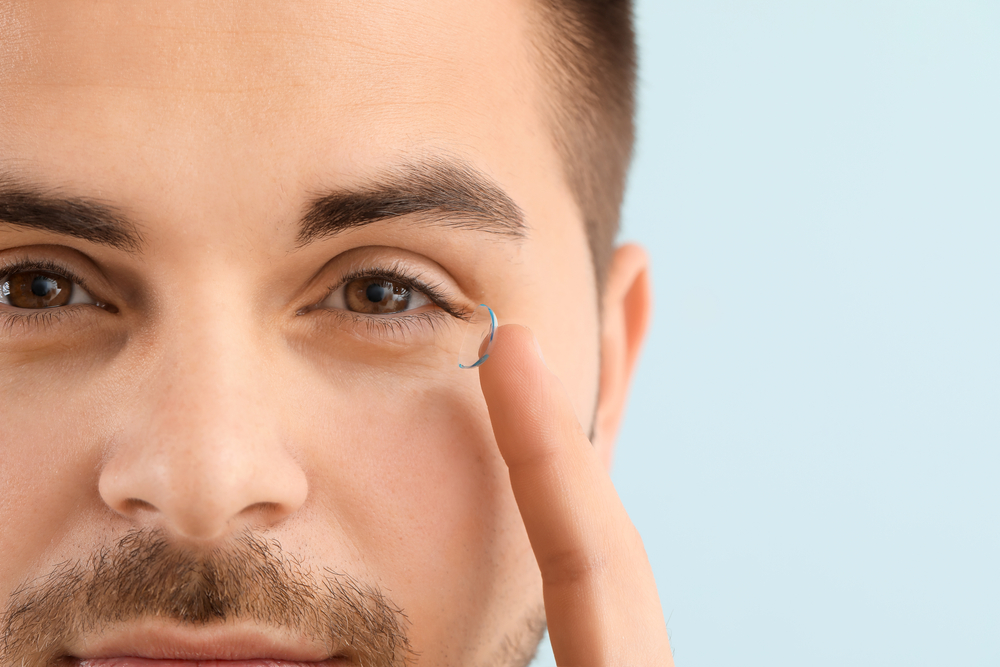
In recent years, myopia, or nearsightedness, has become a growing concern for individuals of all ages. This vision condition, which causes distant objects to appear blurry while close-up objects remain clear, has been on the rise globally. But did you know that myopia is more than just a need for corrective lenses? Myopia can impact overall eye health and, if left unmanaged, may lead to serious eye health complications later in life.
What is Myopia?
Myopia occurs when the eye grows too long from front to back or when the cornea (the eye's front surface) is too curved. This alters how light enters the eye, causing it to focus in front of the retina instead of directly on it, resulting in blurred distance vision. Genetics and environmental factors like prolonged close-up tasks (reading, screen time) and insufficient time outdoors contribute to the onset and progression of myopia.
How Myopia Affects Eye Health
Moderate to high myopia significantly raises the risk of serious eye conditions. One such risk is retinal detachment, which occurs because the eye's elongated shape can stretch and thin the retina, making it more prone to tearing or detaching. Myopia is also linked to an increased risk of glaucoma, a group of eye conditions that can lead to irreversible vision loss if not managed properly. Additionally, studies indicate that people with myopia may be more likely to develop cataracts at a younger age than those without myopia, posing further risks to their long-term vision health.
Even when myopia is managed with corrective lenses, higher degrees of myopia can still affect vision quality. People with severe myopia may experience visual floaters, reduced contrast sensitivity, and higher-order aberrations, all of which can diminish the clarity of their vision. These issues are often more pronounced in low-light conditions, affecting the ability to see clearly and comfortably in situations like nighttime driving or dimly lit environments.
Preventing Myopia Progression and Protecting Eye Health
Early intervention is crucial in managing myopia progression, especially in children. Slowing the progression of myopia can help reduce the risk of complications later in life. Here are a few strategies that can be beneficial:
Specialized Lenses and Contacts: Orthokeratology (Ortho-K) lenses, or multifocal soft lenses are designed to slow myopia progression in children and young adults.
Increased Outdoor Time: Studies have shown that spending more time outdoors during childhood reduces the risk of developing myopia. Natural light exposure appears to play a protective role in eye development.
Limiting Screen Time and Close-Up Work: Encouraging breaks from screens and close-up tasks can alleviate eye strain and help reduce the progression of myopia.
How ALPHA EYEcare ASSOCIATES, PLLC Can Help
Addressing myopia early can have lasting benefits, not only for vision quality but also for long-term eye health. We provide comprehensive myopia management services, including specialized lenses, contact lenses, and personalized recommendations to slow myopia progression.
Reach out to ALPHA EYEcare ASSOCIATES, PLLC to learn more about myopia management and protect your vision for years to come. Visit our office in Houston, Texas, or call (713) 721-9000 to schedule an appointment today.













